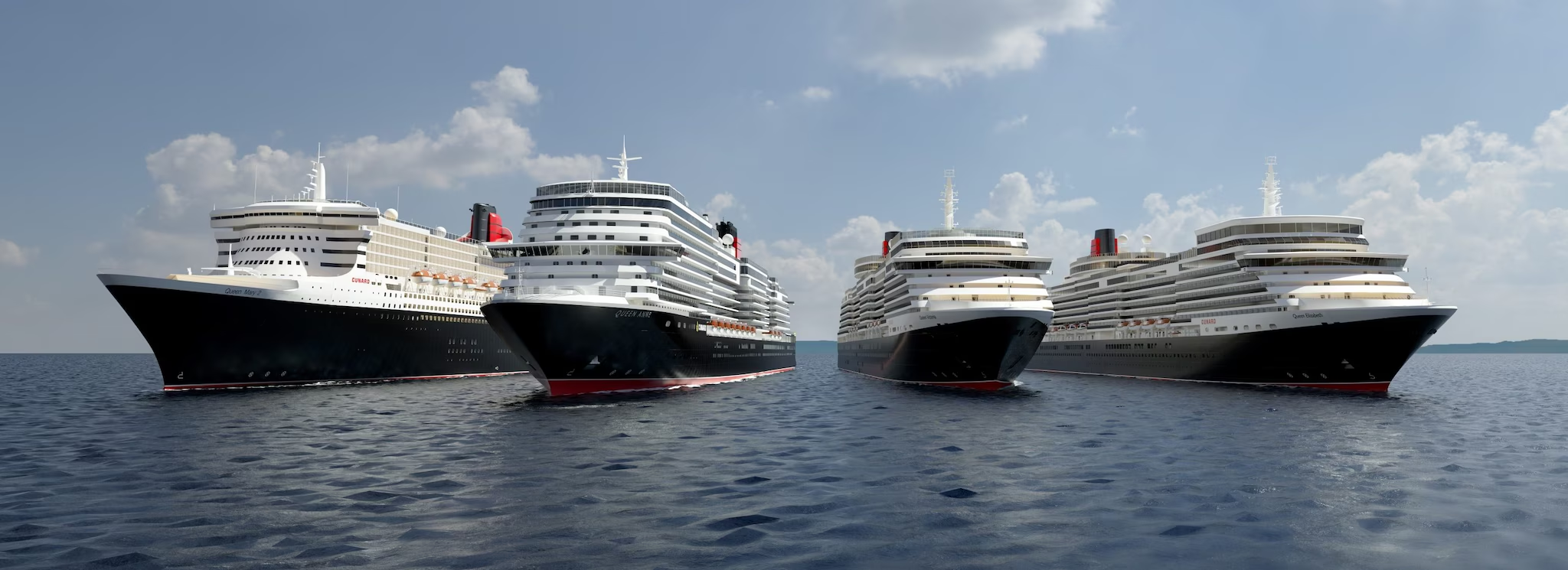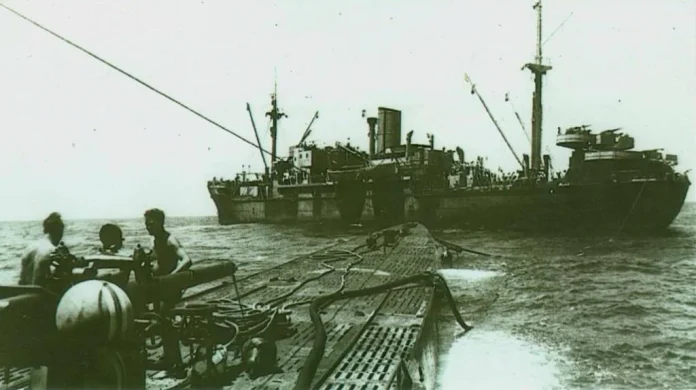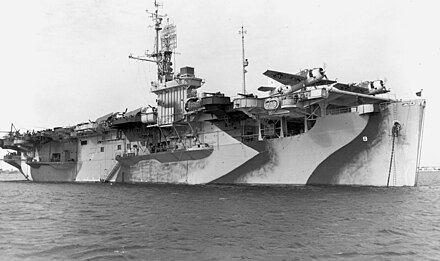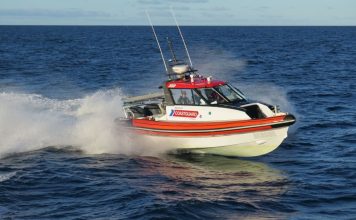A Visionary with Maritime Ambitions
Born in Halifax, Nova Scotia, in 1787, Cunard’s journey to maritime greatness was marked by ambition, ingenuity, and an unwavering commitment to innovation. The son of a merchant and shipowner, Cunard was immersed in the world of shipping from a young age, gaining the experience and acumen that would later make him one of the most influential figures in the field.

In 1839, Cunard made his boldest move. He secured a British government contract to establish a regular mail service across the Atlantic Ocean—a monumental task in an era when sailing ships, with their unpredictability and slow speeds, dominated ocean travel.
A New Era of Steam-Powered Shipping
With the support of partners including Robert Napier, an esteemed Scottish shipbuilder, and financial backing from British investors, Cunard founded the British and North American Royal Mail Steam Packet Company—known today as the Cunard Line.
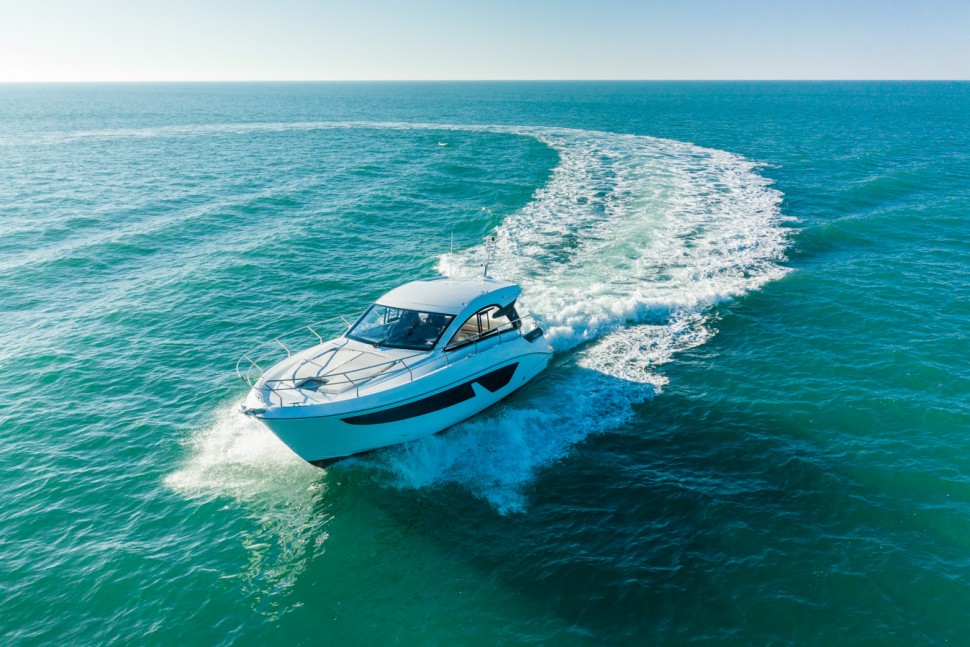
The launch of his first steamship, the SS Britannia, in 1840 marked the beginning of a revolution. Powered by steam and equipped to handle both passengers and mail, Britannia set sail on its maiden voyage from Liverpool to Halifax and Boston, completing the journey in just 14 days. This was a groundbreaking achievement, slashing travel times and introducing a level of reliability that sailing vessels could not match.
Safety, Reliability, and Success
Samuel Cunard’s ships quickly gained a reputation for their punctuality, safety, and disciplined operations. Unlike many competitors, Cunard prioritised passenger welfare and crew professionalism, solidifying the company’s reputation as a trusted transatlantic service provider.

Over the years, the Cunard Line grew rapidly, expanding its fleet and extending its influence. By the mid-19th century, Cunard ships were a dominant force in both passenger and cargo transport, providing vital links between continents.
Recognition and Legacy
Cunard’s contributions to maritime innovation earned him a knighthood from Queen Victoria in 1859, a fitting tribute to a man who revolutionised the shipping industry. Even as competitors entered the fray, the Cunard Line maintained its reputation for excellence, setting a standard for ocean travel that persists to this day.
Samuel Cunard passed away in 1865, but his legacy lives on. The Cunard Line remains one of the world’s most recognised names in maritime travel, a testament to the vision and determination of its founder.
A Lasting Impact
Cunard’s influence extended far beyond his time. By championing steam power and creating a reliable transatlantic link, he helped to shrink the world, fostering closer ties between continents and paving the way for modern globalisation.
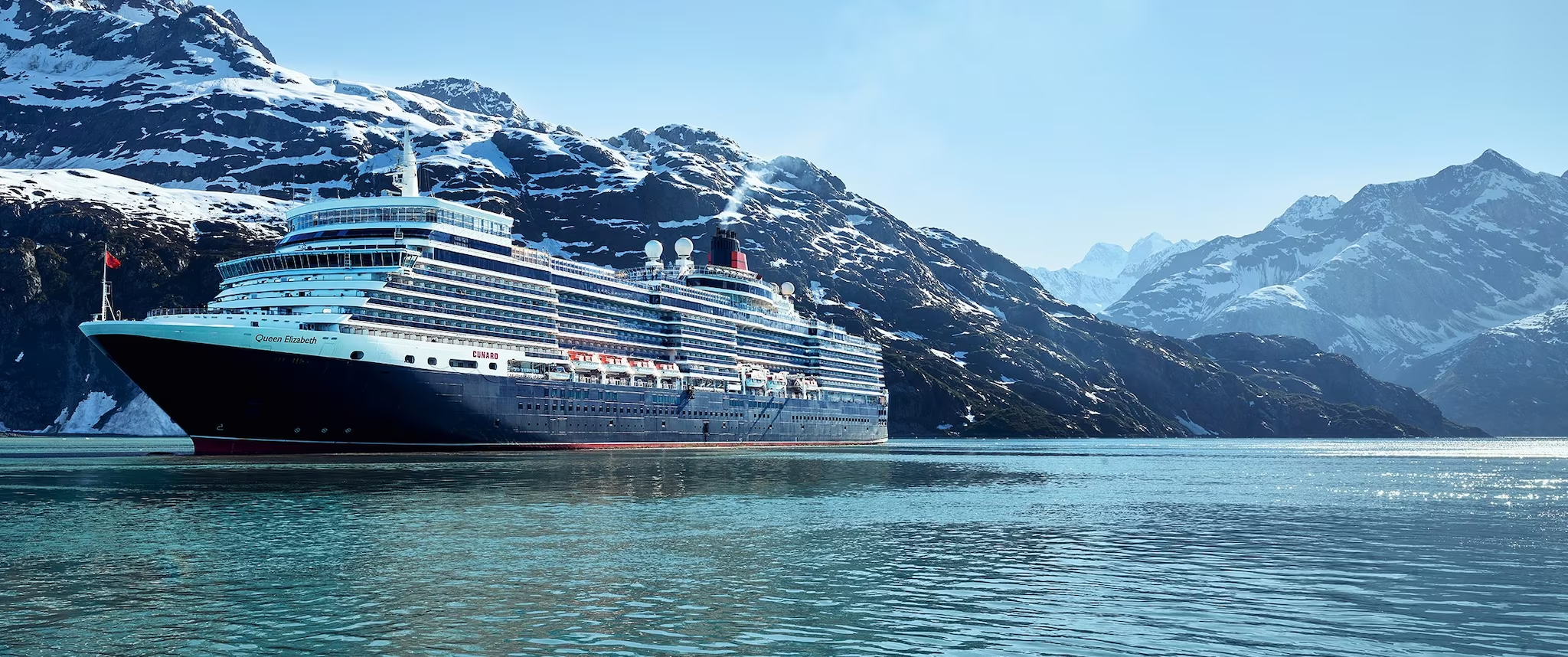
Today, the name Cunard is synonymous with excellence, innovation, and tradition—a legacy befitting the man who dared to transform the seas. Samuel Cunard’s story is one of ambition, ingenuity, and unwavering dedication, and his impact on maritime history will never be forgotten.








